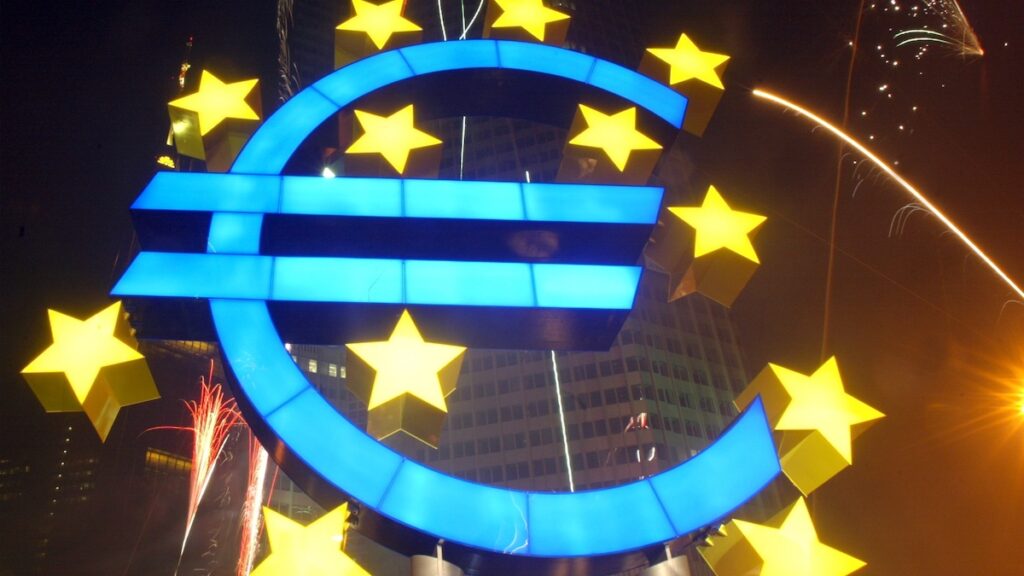There are divided opinions about introducing a European digital central bank currency. But could a digital euro be the salvation for Europe?

This summer, the European Commission will present a legislative proposal outlining guidelines for a digital euro.
While China has made the most progress in developing a digital central bank currency among the major economies in the world, Europe is at the forefront among the largest central banks in the West, according to the Financial Times.
Christine Lagarde has embraced the project since taking over as President of the European Central Bank (ECB) in 2019. However, her predecessor, Mario Draghi, did not give the idea much attention.
In October, the ECB is expected to announce whether it will initiate a pilot project, and Lagarde has said that she expects the central bank to be ready to make a final decision on a digital euro in 2026 or 2027.
ECB aims to promote the euro
Europe often struggles with the dominant position of the dollar in the international financial system, and EU policymakers are eager to find new ways to promote the euro globally.
They are also wary of China’s digital currency potentially giving Beijing more influence.
Like other central banks, the ECB is concerned that privately controlled digital currencies will gain traction in the financial system as more and more consumers move away from cash.
Fabio Panetta, a member of the ECB’s executive board, told the Financial Times that there is a need for a risk-free asset class, and the only option available is a central bank currency. Difficulty explaining the benefits of a digital euro However, there are many questions among consumers, financiers, and policymakers about what a digital central bank currency is really meant to achieve and whether the potential risks outweigh the benefits.
Moreover, the skepticism has grown as the threat from cryptocurrencies has diminished following the depreciation of Bitcoin (and other digital currencies).
Additionally, a digital central bank currency is challenging to explain to the general public, as many people believe they are already using digital money when using payment cards or other payment solutions, rather than cash.
So can a digital euro be the salvation?
What the ECB ultimately decides to do will ultimately depend on what the rest of the world does, according to the Financial Times. Unlike the US dollar, the euro has a much weaker position, and with geopolitical tensions, ECB officials are already concerned about how much Europe relies on foreign companies for significant parts of its payment system, even if many are based in the US.
Eswar Prasad, a professor at Cornell University, told the newspaper that the euro has already lost ground in international trade.
Therefore, he argues that a digital central bank currency could be “of utmost importance” for Europe.
